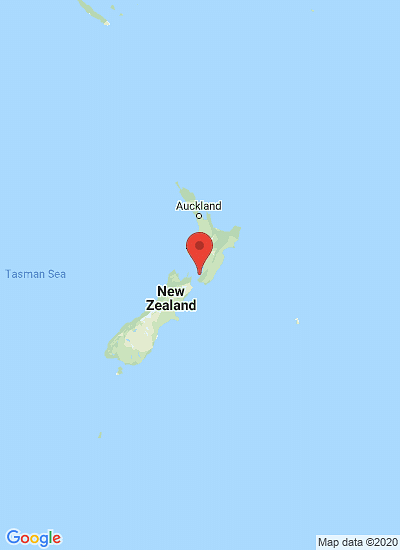NZX-listed meat processor Affco is the target of a full takeover bid by its largest shareholder, Talley's Group, which has agreed to buy out the next-biggest investor, raising its stake to 76 per cent.
Talley's, which owned 53 per cent has reached an agreement to buy out the Spencer family's Toocooya Nominees. It is now required by New Zealand takeovers law to make an offer to all shareholders. Talley's has indicated it plans to offer 37c a share, the same price agreed with Toocooya, valuing Affco at $187 million.
That price offers no takeover premium to shareholders as the stock has been trading at 37c since May 26. It has traded as high as 40c since the start of the year.
The Affco board said shareholders should take no action until directors had sought independent advice.
Talley's bid for meat processor Affco
¿Te gustaría recibir noticias como esta por correo electrónico? ¡Únete y suscríbete!
Únete a nuestra Telegrama ¡Canal para actualizaciones periódicas!
Empresa Destacada
Contenido Patrocinado
Contenido Patrocinado
Contenido Patrocinado
Contenido Patrocinado
Contenido Patrocinado











